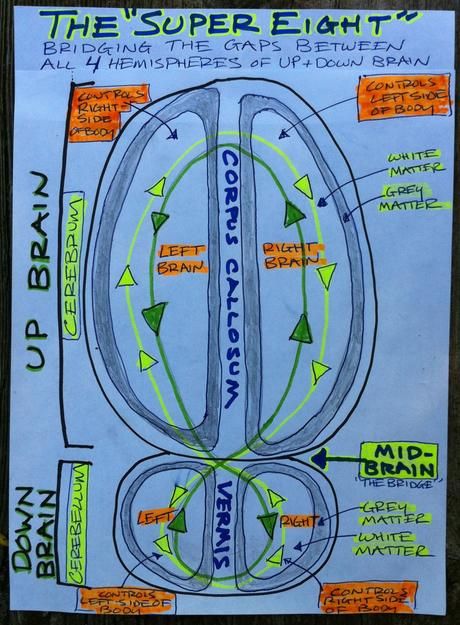
Tacit knowledge is knowledge that is pragmatic or practical and learned through experience rather than explicitly taught, and it also increases with age (Hedlund, Antonakis, & Sternberg, 2002). The qualities that allow for flow are well-developed in middle adulthood. The more they experience it, the more they judge their lives to be gratifying. According to Nakamura and Csikszentmihalyi (2002) people describe flow as the height of enjoyment. In addition, he believed that the tortured creative person was a myth and that creative people were very happy with their lives. Other characteristics of creative people identified by Csikszentmihalyi (1996) include curiosity and drive, a value for intellectual endeavors, and an ability to lose our sense of self and feel a part of something greater. Csikszentmihalyi (1996) used his theory of flow to research how some people exhibit high levels of creativity as he believed that a state of flow is an important factor to creativity (Kaufman & Gregoire, 2016). Further, when in a state of flow, the individual is not concerned with extrinsic rewards. Additionally, the person is achieving great joy or intellectual satisfaction from the activity and accomplishing a goal. When in a state of flow, the individual is able to block outside distractions and the mind is fully open to producing.

Older pilots took longer to learn to use the simulators, but performed better than younger pilots at avoiding collisions.įlow is the mental state of being completely present and fully absorbed in a task (Csikszentmihalyi, 1990). According to Phillips (2011) researchers tested pilots age 40 to 69 as they performed on flight simulators. However, numerical computation and perceptual speed decline in middle and late adulthood (see Figure 8.17).įigure 8.17 Seattle Longitudinal Study ages 25 to 88Ĭognitive skills in the aging brain have been studied extensively in pilots, and similar to the Seattle Longitudinal Study results, older pilots show declines in processing speed and memory capacity, but their overall performance seems to remain intact. Verbal memory, spatial skills, inductive reasoning (generalizing from particular examples), and vocabulary increase with age until one’s 70s (Schaie, 2005 Willis & Shaie, 1999). Current results demonstrate that middle-aged adults perform better on four out of six cognitive tasks than those same individuals did when they were young adults. Approximately 6000 people have participated thus far, and 26 people from the original group are still in the study today. Every seven years the current participants are evaluated and new individuals are also added. Seattle Longitudinal Study: The Seattle Longitudinal Study has tracked the cognitive abilities of adults since 1956. A young chess player may think more quickly, for instance, but a more experienced chess player has more knowledge to draw on. The differential changes in crystallized versus fluid intelligence help explain why older adults do not necessarily show poorer performance on tasks that also require experience (i.e., crystallized intelligence), although they show poorer memory overall.

It is this superior knowledge, combined with a slower and more complete processing style, along with a more sophisticated understanding of the workings of the world around them, that gives older adults the advantage of “wisdom” over the advantages of fluid intelligence which favor the young (Baltes, Staudinger, & Lindenberger, 1999 Scheibe, Kunzmann, & Baltes, 2009). As a result, adults generally outperform younger people on measures of history, geography, and even on crossword puzzles, where this information is useful (Salthouse, 2004).

Research demonstrates that older adults have more crystallized intelligence as reflected in semantic knowledge, vocabulary, and language. Adapted from Horn, Donaldson and Engstrom (1981)


 0 kommentar(er)
0 kommentar(er)
